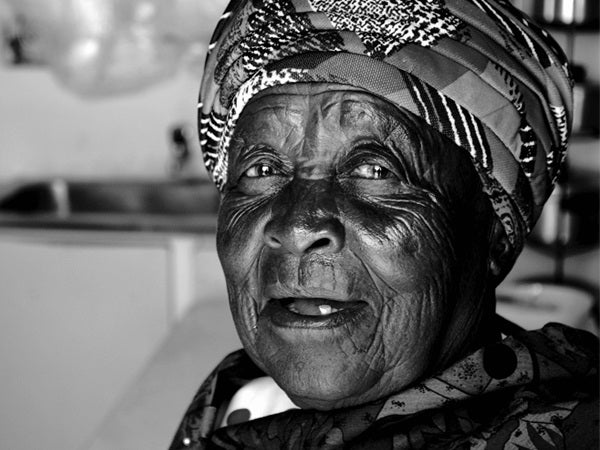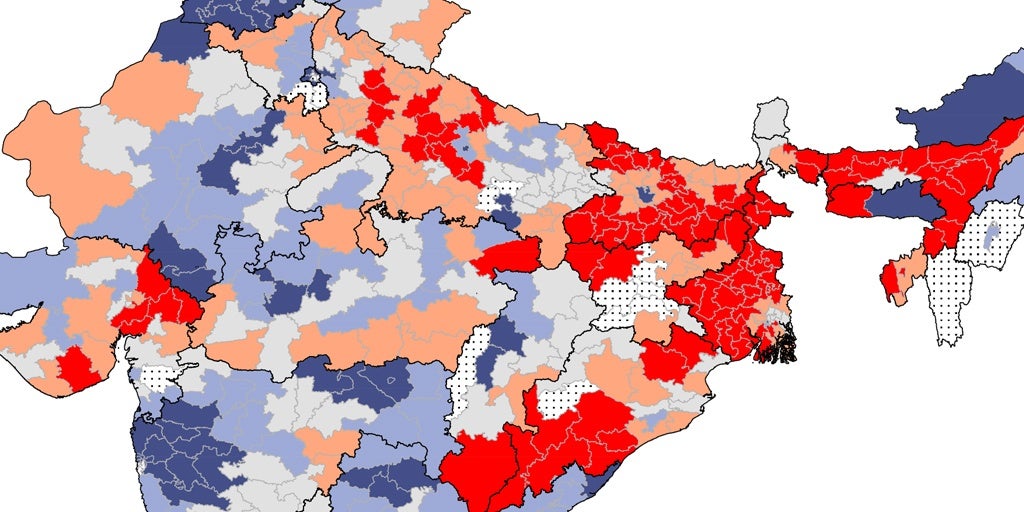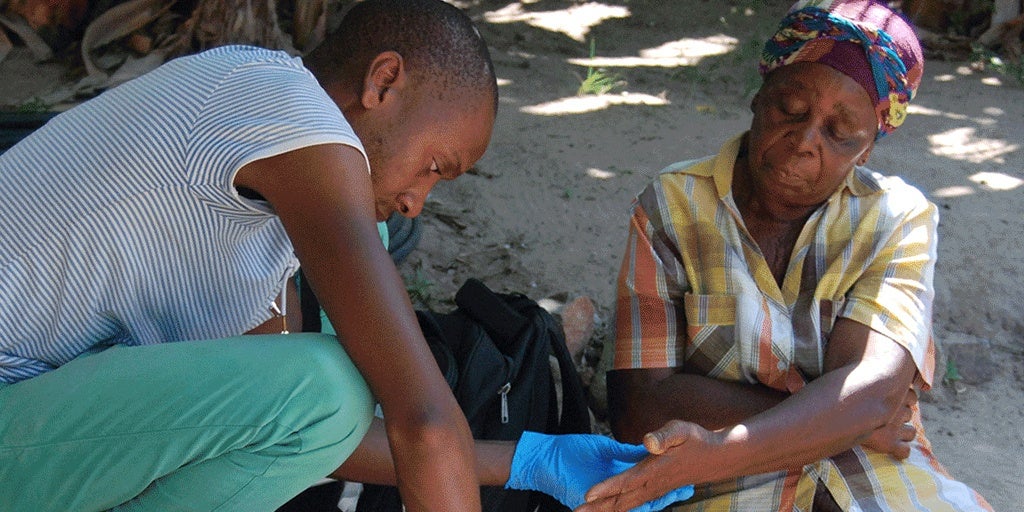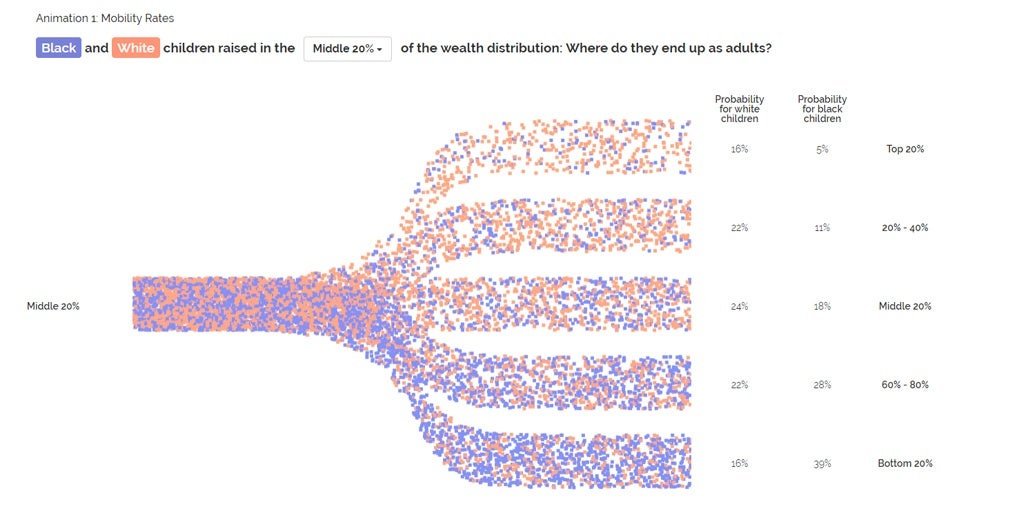Are you a research scientist with a PhD in demography, public health, epidemiology, or a related field who is interested in health and aging in a global context? The Harvard Center for Population and Development Studies, in partnership with the University of Witwatersrand in South Africa, was awarded a P01 grant in 2013 from the National Institute on Aging to study the drivers and consequences of HIV and non-communicable diseases…
Continue reading “We’re hiring a Project Director for our NIA-funded flagship study HAALSI”









